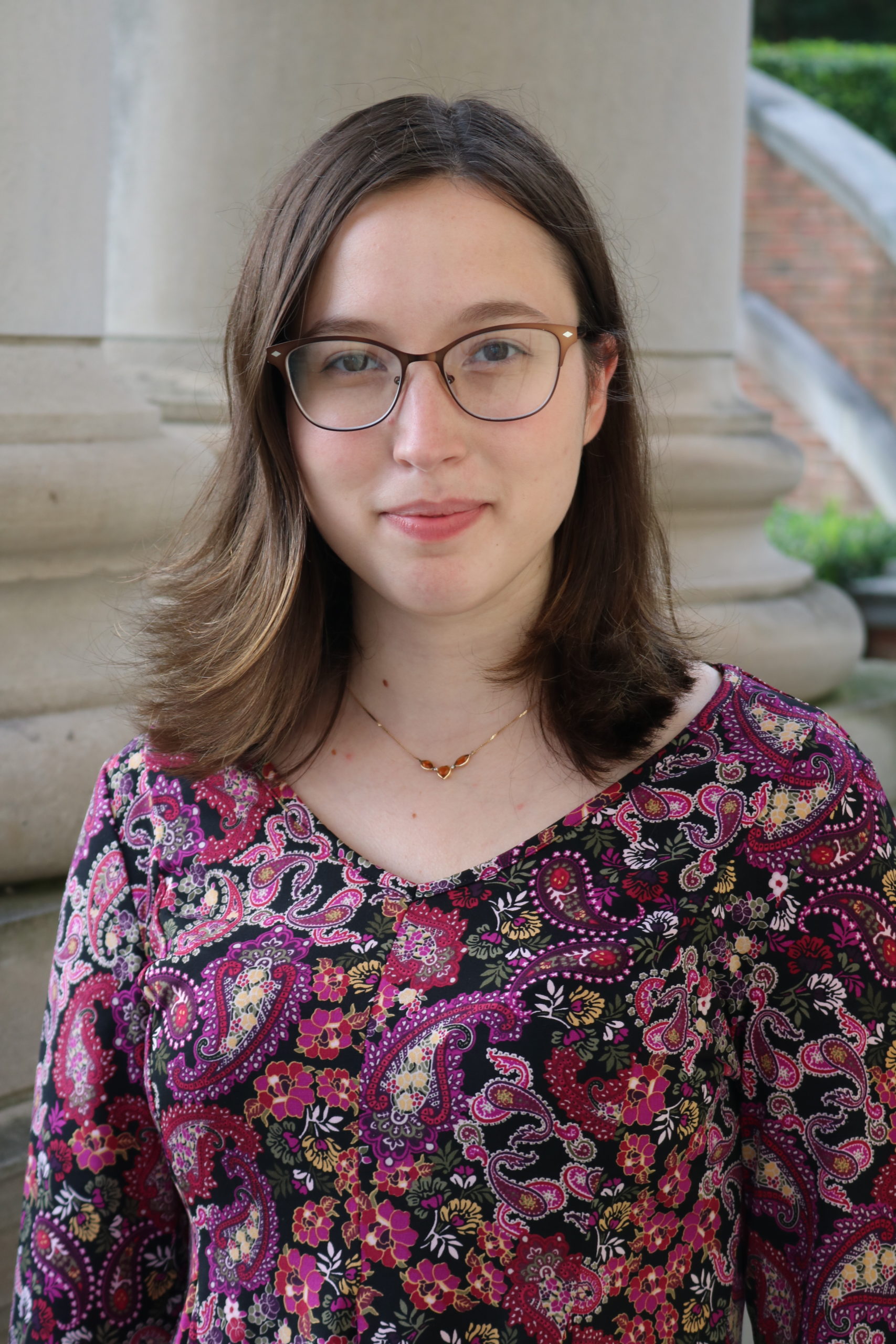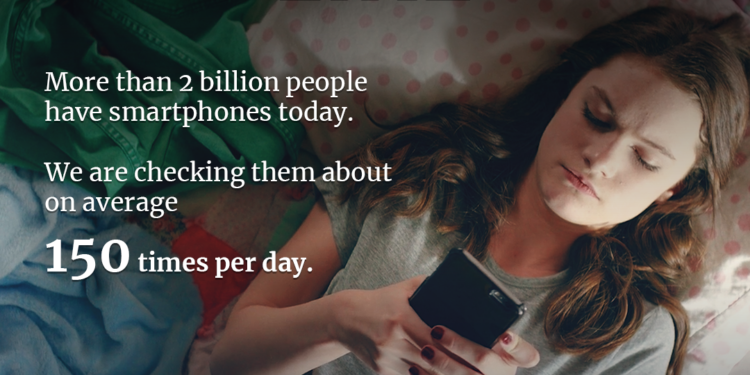On Oct. 20, Samford hosted a virtual film and panel event to discuss the documentary, “LIKE.”
“My goal with the panel discussion after the ‘LIKE’ film was to promote thoughtful conversation, and ideally behavior change, among the student body specifically regarding smartphone utilization and social media consumption,” Samford counselor, Lyndsay Cogdill Clark, said.
The panel included associate campus minister Todd Oakley, private counselor Courtney Shields, child psychologist Jerry Bubrick, and journalism and mass communications professor Betsy Emmons. Approximately 150 students tuned in to the event.
Oakley explained how putting boundaries on social media consumption can be an important tool for maintaining spiritual health.
“In life in general, when we look through scripture we see this idea of boundaries that take place and a lot of time we want to think of boundaries as a negative thing,” Oakley said. “I think what biblical wisdom and just good common sense would tell us is to put up the guard rails to really stay away from those things and to actually have practical boundaries.”
Citing an increase in anxiety among young people, Bubrick said he believes it is especially important for teenagers to be heavily monitored on social media.
“I decided to take myself off all social media,” Bubrick said.
Emmons, however, took a very different approach to the other panelists, saying that social media is a powerful tool, especially in light of the pandemic. Emmons said her main concern with social media is the rise of fake news which people can combat by using media literacy skills.
“News has always been something that a consumer has to seek out, but social media gives it to you, so it’s easy to be a lazy news consumer,” Emmons explained. “You have to discern what it is that you’re consuming, and discern what the angle is, discern what the biases might be, discern the credibility is of the sources that you’re viewing.”
Students were asked to engage in a Q&A chat box during the panel. Throughout the conversation, students engaged in fruitful discussions about social media and managing mental health. Some even provided suggestions for each other like setting timers to regulate how much time is spent on a particular application, or modifying settings to get rid of notifications.
Clark highlighted the importance of events such as the “LIKE” virtual discussion panel, which offer spaces for students to have open discourse about difficult and pertinent issues.
“If students start to talk about this with one another, the collective awareness could lead to much more powerful change than someone may be capable of on their own,” Clark said.




